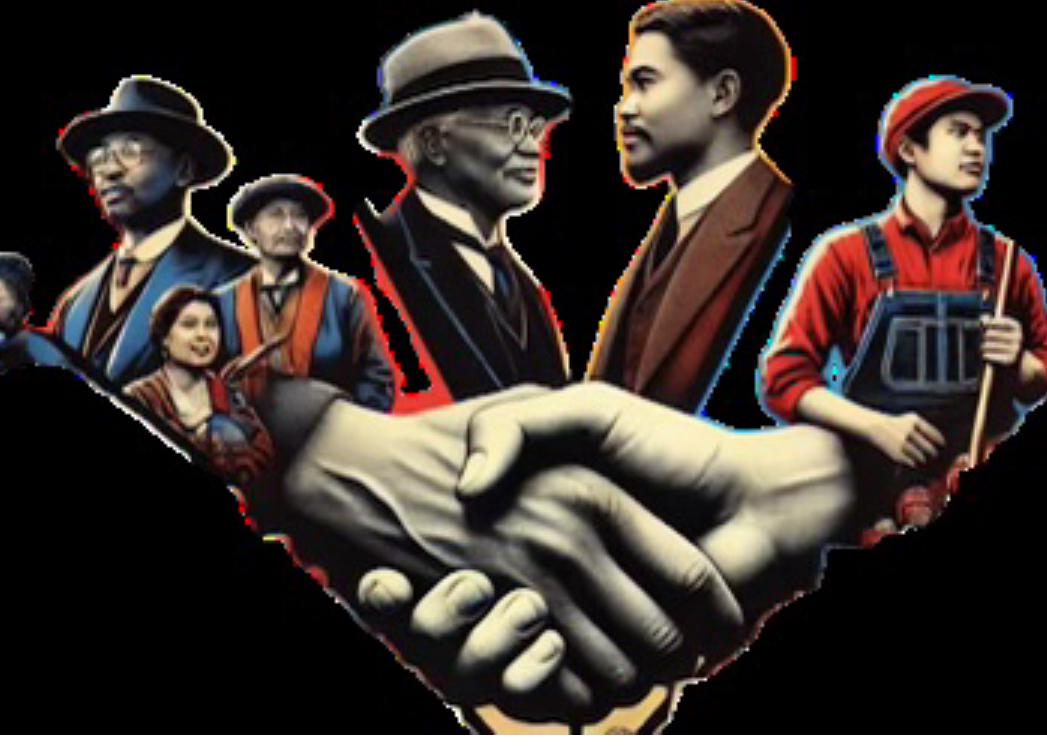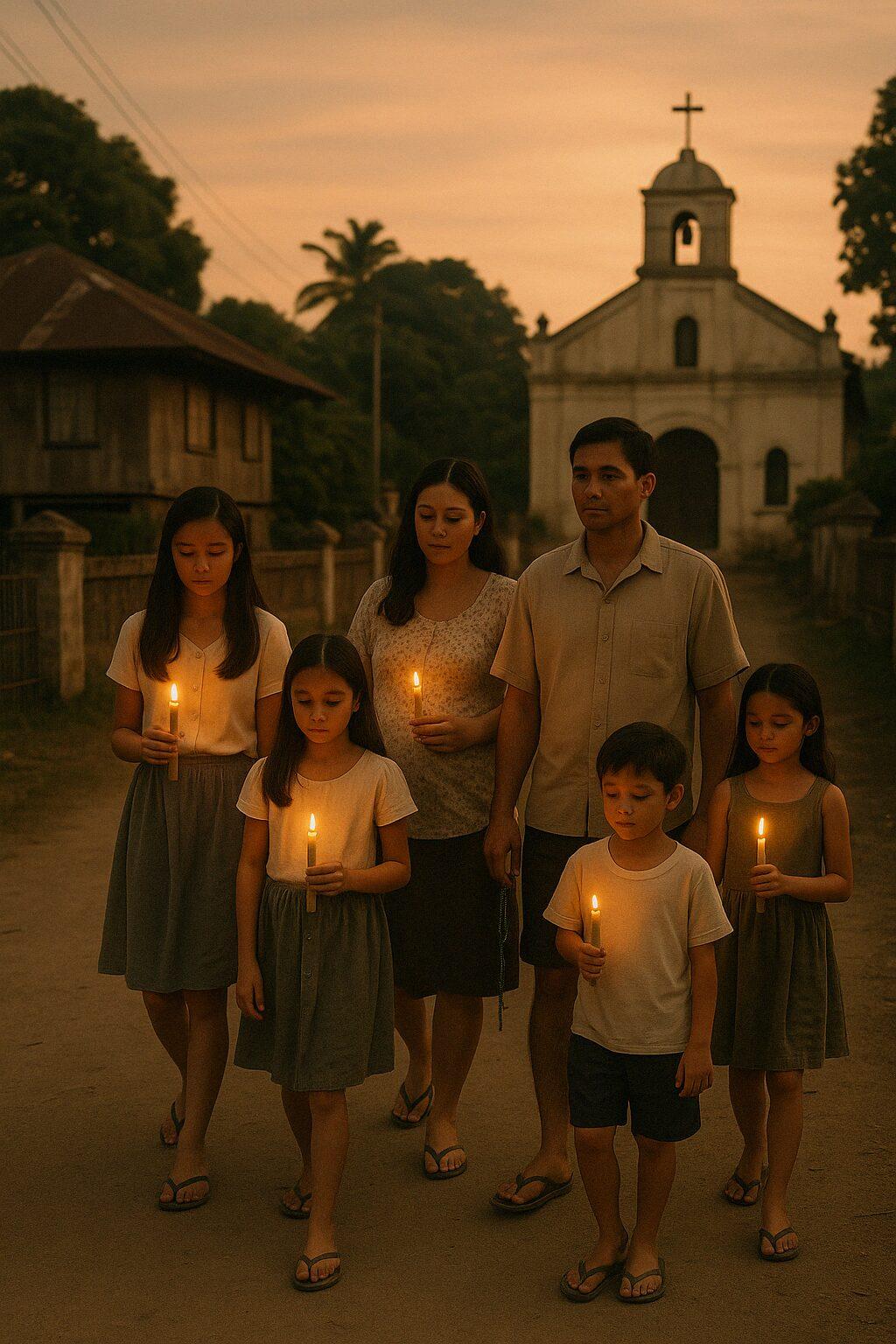Every February, the United States commemorates Black History Month, a time dedicated to honoring the achievements, contributions, and resilience of Black Americans. This observance traces its roots to historian Carter G. Woodson, who established Negro History Week in 1926 to highlight the often-overlooked history of Black people in America. Woodson chose February to coincide with the birthdays of Abraham Lincoln and Frederick Douglass, two key figures in the fight for Black freedom.

In 1976, during the U.S. Bicentennial, President Gerald Ford officially recognized Black History Month, urging Americans to reflect on the impact of Black leaders and their role in shaping the nation. Today, Black History Month is not just about recognizing Black excellence—it is an opportunity to educate communities, acknowledge historical injustices, and promote a more inclusive future.
Why Black History Month is Relevant to Filipinos
At first glance, some may assume that Black History Month pertains only to Black Americans. However, the struggles and victories of the Civil Rights Movement, anti-discrimination laws, and racial justice activism have significantly impacted all communities of color in the United States, including Filipino Americans. The history of Black resilience is deeply intertwined with the experiences of Filipinos in the U.S., from the fight for civil rights to labor movements and cultural influence.
The Civil Rights Movement Opened Doors for Filipinos
For decades, Filipino immigrants in the United States faced systemic discrimination—excluded from high-paying jobs, denied housing in certain neighborhoods, and restricted from interracial marriage through anti-miscegenation laws.
The Civil Rights Movement of the 1960s, led by Black activists, played a pivotal role in dismantling these barriers. Landmark legislation that benefited Filipinos and other minorities includes:
• The Civil Rights Act of 1964 – Prohibited racial discrimination in employment, education, and public accommodations.
• The Voting Rights Act of 1965 – Helped ensure that naturalized Filipino immigrants could vote without discriminatory restrictions.
• The Fair Housing Act of 1968 – Made it illegal to deny housing based on race, preventing landlords and banks from discriminating against Filipino and Black homebuyers.
Without these hard-won legal victories, Filipinos in the U.S. would not have the same access to jobs, education, and housing as they do today.
The Shared Fight for Workers’ Rights
Filipinos and Black Americans have also stood together in the fight for labor rights. One of the most significant moments of solidarity occurred during the Delano Grape Strike of 1965, when Filipino farmworkers, led by Larry Itliong, initiated a massive labor protest in California, demanding fair wages and better working conditions.
This strike later merged with César Chávez’s movement, gaining the support of Black labor leaders who recognized the interconnected struggle for racial and economic justice. The movement’s success led to improved wages and working conditions for farmworkers across the country, benefiting both Filipinos and Black workers.

Redlining, Housing Discrimination, and Filipino Americans
The legacy of systemic racism in the U.S. is also evident in housing discrimination, particularly through redlining—a policy that denied home loans to people of color, including Filipinos and Black Americans.
Throughout the mid-1900s, Filipino families, like Black families, were often barred from purchasing homes in certain neighborhoods, leading to racial segregation and economic disparity. Even after redlining was officially outlawed, its effects persist today, contributing to wealth gaps, underfunded schools, and financial inequalities in historically redlined communities.
Black History Month serves as a reminder of how racial injustices have shaped the experiences of multiple communities, including Filipino Americans. The ongoing struggle for fair housing, financial inclusion, and economic mobility continues the legacy of the Civil Rights Movement.
Cultural and Social Influence: The Black-Filipino Connection
Beyond political activism, Black culture has had a profound impact on Filipino American life, especially in music, sports, and social movements.
• Music: Filipinos have embraced Black musical genres such as hip-hop, R&B, and soul. Filipino American artists, like Apl.de.Ap of the Black Eyed Peas, have made their mark in these genres, highlighting the cultural connection between the two communities.
• Sports: Basketball, the most beloved sport in the Philippines, has been shaped by Black athletes, from Michael Jordan to Kobe Bryant and the NBA stars of today. Bryant, who had a massive Filipino fan base, visited the country multiple times, further deepening his bond with Filipino basketball fans. His strong connection with the Philippines was evident in his admiration for the country’s passionate basketball culture, which he wholeheartedly embraced throughout his career.
The Black-Filipino connection is not just historical—it is cultural, social, and deeply embedded in everyday life.
A Shared Struggle and a Collective Future
Black History Month is more than just a celebration of one community’s triumphs—it is an opportunity to recognize the interconnectedness of all communities of color. The fight for justice and equality is a shared struggle, and the victories won by Black activists have paved the way for Filipinos and other minorities to gain rights and opportunities in the United States.
It is also a time for Filipinos to recognize the influence of Black-led movements on their own journey in America. By acknowledging this shared history, they can foster unity and a deeper understanding of the struggles and triumphs that have shaped their own community. After all, when one community rises in the fight for justice, it paves the way for others to rise as well.






